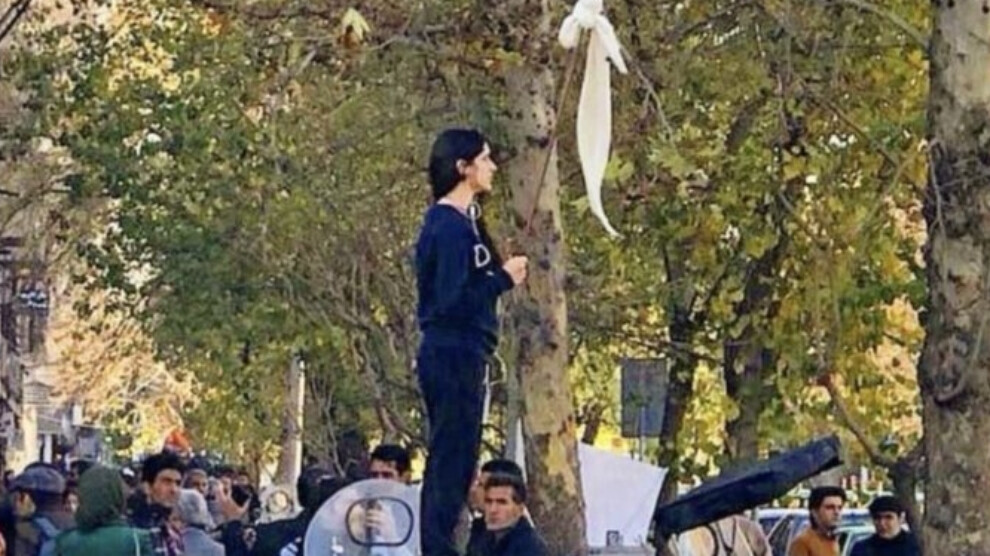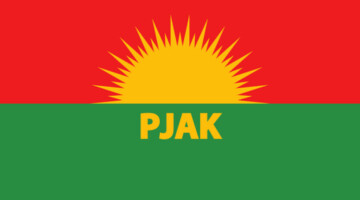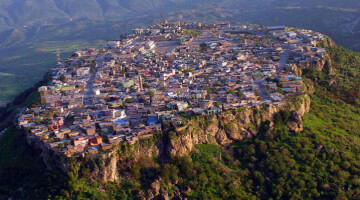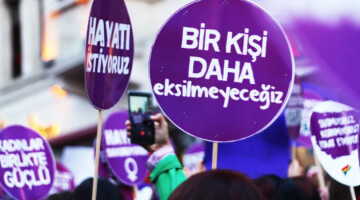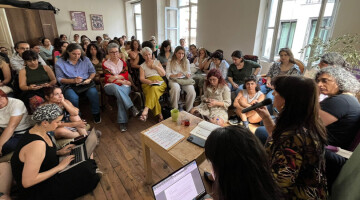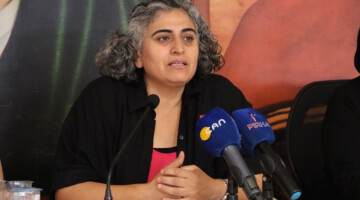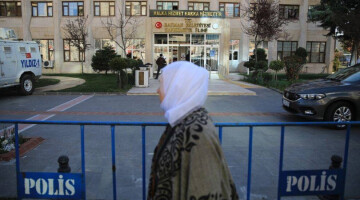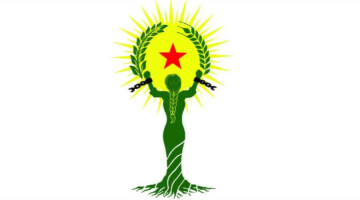Iranian women have been fighting for the right to dress as they wish since the establishment of the Islamic republic. One of the slogans adopted by women against the compulsory hijab is "No to Hijab". As personal freedoms are suppressed in Iran, human rights activists who had launched a campaign against the compulsory hijab were also threatened the day after the campaign. While the government declared July 12 as the day of "chastity and hijab" in Iran, women reacted to this day through an anti-hijab campaign. Iranian women took off their hijab in public and started sharing pictures and videos on the social media.
Women continue their protest despite attacks
Iranian human rights activists urged women to remove their headscarves in public, even if there is a risk of arrest. Women who took off their hijabs and long dresses in public places were attacked by men and security forces, including "morality guards".
However, despite all the attacks, women do not stop posting videos, throwing off and burning their hijab. Interesting events have been observed during the campaign which has been going on for days with the “No2Hijab” and #WalkingUnveiled hashtags on the social media.
Women who post their pictures without hijab may face up to 2 months in prison and fines for removing their hijabs in public places.
First law ratified after the Islamist coup: Compulsory Hijab
With the announcement of Islamic Republic in Iran after a coup in 1979, one of the first laws ratified by the new regime was compulsory hijab for women. As wearing the hijab became compulsory during the transition from the monarchical government to the “Islamic Republic,” women were also forbidden to go out without Islamic clothing. Iranian women have carried out frequent protests in recent years against this tyrannical law on women's clothing and bodies which has been in effect for 43 years. One of the first protests took place in front of the Prime Minister’s Office during the first International Working Women's Day on March 8, 1980, after the coup. 15,000 Iranian women wore black dresses to protest the decision. Over the years, protests of the activists have continued uninterrupted against compulsory dress code and hijab. In 2018, on the 39th anniversary of the coup, wearing white headscarves became a symbol during protests against the compulsory hijab.
Within the past several days, women in the country have been actively challenging compulsory hijab and Islamic clothing.

